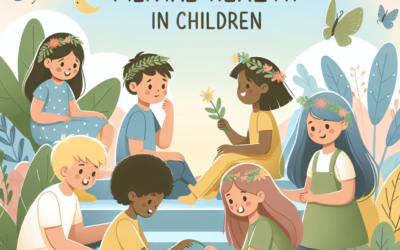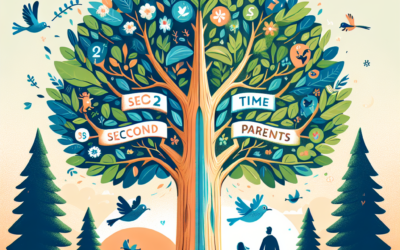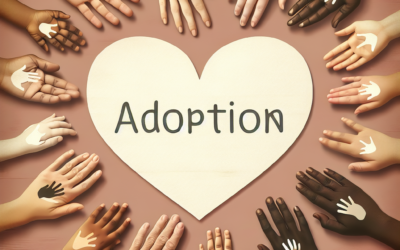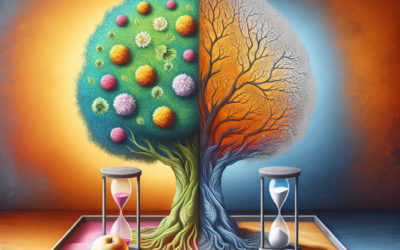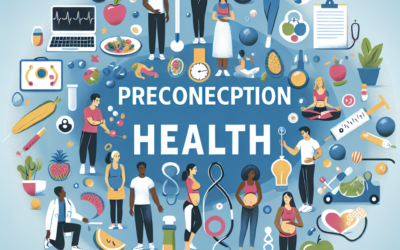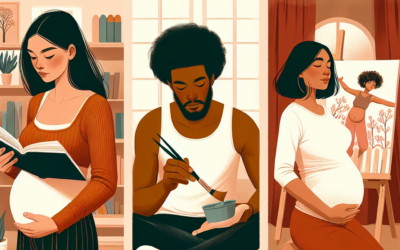The Miracle of New Life
Pregnancy is a transformative journey that brings significant emotions and physical changes for an expecting mother. As the baby develops in the womb, an intricate connection begins to form—one that intertwines their lives in a profound way. This relationship is foundational, influencing emotional, psychological, and physiological aspects of both the mother and the child.
The First Stages: Bonding Before Birth
Even before birth, mothers instinctively start to bond with their babies. This connection is often facilitated by physical interactions such as gentle touches and voice exposure. Babies in the womb can hear the mother’s voice, music, and even the sounds of the outside world. This auditory stimulation plays a vital role in early bonding, as it helps the baby recognize and respond to their mother after birth.
The Impact of Maternal Emotions
A mother’s emotional state during pregnancy can significantly influence the baby’s development and behavior. Research shows that stress, anxiety, and depression can have adverse effects on the fetus, potentially leading to complications or developmental issues. Conversely, nurturing feelings of love and happiness can contribute to positive outcomes, promoting a healthy environment for the baby to thrive.
Nurturing Connections Through Touch
The development of bond extends into the realm of physical touch. Skin-to-skin contact post-delivery helps reinforce this relationship, promoting both emotional and physical well-being. This practice not only fosters attachment but also regulates the baby’s temperature, heart rate, and stress levels, emphasizing the significance of closeness.
The Role of Fathers and Partners
While the mother-baby relationship is crucial, the role of fathers and partners cannot be overlooked. Engaging in the pregnancy journey together, involving themselves in prenatal care, and participating in bonding activities such as talking to the baby can enhance the overall family dynamic. This inclusivity enriches the relationship, offering emotional support to the mother while also beginning to build the father’s bond with the baby.
Postpartum: The Evolution of Relationships
After birth, the mother-baby relationship evolves further. The first few weeks are often critical as both mother and baby adapt to their new roles. Issues such as postpartum depression can pose challenges, but support systems including partners, family, and friends can foster a healthier transition. Establishing routines for feeding, sleeping, and playtime helps reinforce the relationship as both mother and baby learn to communicate and respond to each other’s needs.
Fostering Healthy Development
Parents can foster a strong relationship with their babies through responsive caregiving. This means recognizing and responding to the baby’s cues, whether it’s crying, cooing, or reaching out for comfort. Consistent and loving responses help the baby develop trust and security, forming a strong foundation for future relationships.
The Lifelong Journey
The relationship between a mother and her baby is just the beginning of a lifelong journey. As children grow, they will experience new stages of development that alter their relationship dynamics. Effective communication, understanding, and nurturing remain essential elements in maintaining strong connections throughout different life phases.
Conclusion
The relationship between a mother and her baby, beginning during pregnancy and evolving postpartum, is integral to the emotional and psychological development of both. Nurturing this bond lays the groundwork for a healthy, loving family dynamic, ensuring that both mother and baby thrive as they navigate the beautiful journey of parenthood together.






